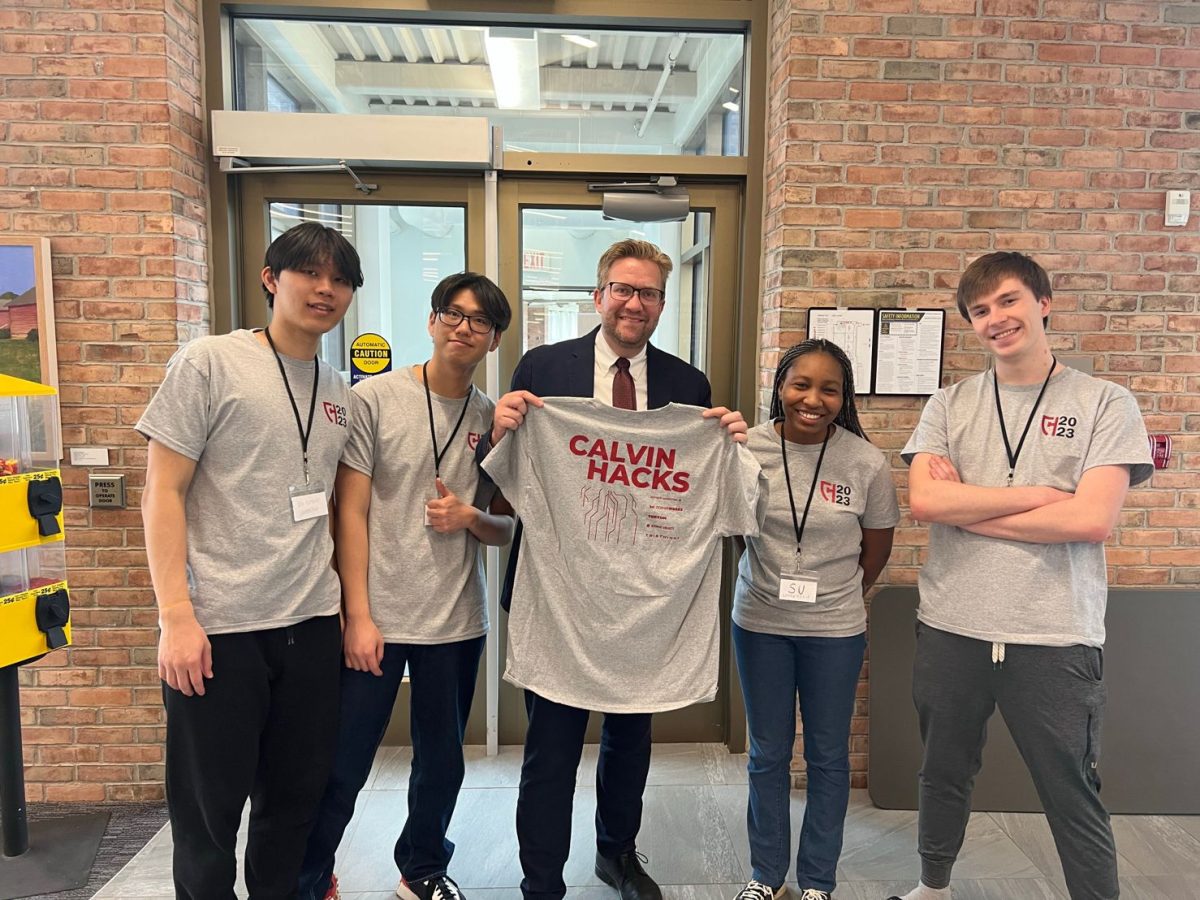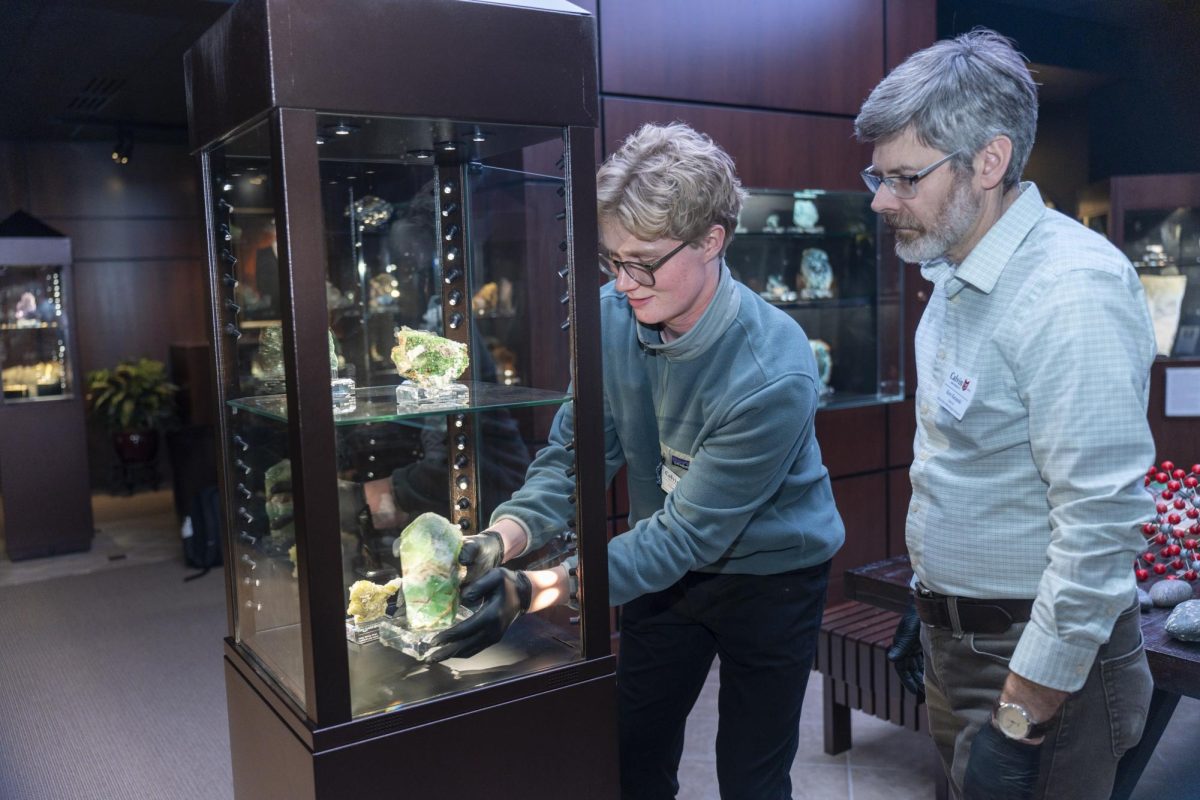The Chinese government has removed the recent documentary “Under the Dome” by Chai Jing from major online sites.
The video was first released on February 28, just one week before the annual meeting of the National People’s Congress, China’s parliament, in Beijing. It has since been removed from Chinese video portals, such as Tencent and Youku, but not before getting over 100 million views within 48 hours.
This is not the first time China has used censorship to hide its air quality problems. In 2014, China ordered the removal of Beijing’s readings from the China Air Quality Index app for Asia-Pacific Economic Cooperation (APEC) Summit.
Regulations were strictly enforced prior to the summit, limiting car use and closing factories.
“Things are censored all the time. You just get used to it,” said professor Anding Shen of the biology department. “For the Olympics or any kind of event they would do massive cleaning right before. It’s because of the government. They can tell you, ‘You cannot operate,’” said Shen. Censorship is a practice that Shen believes would never happen in the United States.
“Under the Dome,” which is styled like a TED Talk, features Chai Jing, a Chinese reporter known for her writing on environmental issues. In 2013, however, the issue of air pollution became personal when she was told that her unborn child had developed a benign tumor.
“I’d never felt afraid of pollution before, and never wore a mask no matter where,” Jing states in the documentary. “But when you carry a life in you, what she breathes, eats and drinks are all your responsibility, then you feel the fear.”
Personally funding the 130-minute video, Jing presents statistics, pictures and video interviews with officials which criticize the Chinese government’s lack of enforcement of environmental policies.
Her outspokenness received mixed responses from government officials. Environmental Protection Minister Chen Jining applauded “Under the Dome,” saying that it should “encourage efforts by individuals to improve air quality.”
Much of China’s air pollution can be attributed to its growing population and industry. China’s rapid rise in GDP has increased the number of cars on the road, home energy use and emissions from factories and power plants.
But the government’s attitude toward industry is not one that prioritizes health. After interviewing a government inspector tasked with evaluating a coal-burning steel factory’s illegal emissions, Jing was told that they never paid any fines. “It just doesn’t work to sacrifice employment for the environment,” stated the inspector.
Chinese smog, while consisting of multiple pollutants, often has a high concentration of particulate matter under 10 micrometers (PM10). This size of suspended matter is small enough to be inhaled and accumulate inside human respiratory systems, according to the EPA.
PM2.5 is even more harmful, collecting deep in the lungs. These particles are the result of industry and combustion processes, both of which China has become a hotbed for. Shen, who is from Shanghai, described the sky as “never blue. It was always grayish-bluish colored. You don’t feel the heat of the sun.”
In Beijing, half of the days per year for the last five years have exceeded a PM2.5 concentration of 100 μg/m3 and have even reached as high as 744 μg/m3 (over 20 times the EPA’s 24 hour standard of 35 μg/m3).
Air pollution in China has been estimated to cut life expectancy by five years in northern, more industrial areas and to have resulted in 1.2 million premature deaths in 2010 countrywide.
Reducing these numbers will begin by raising awareness on both the government and the individual level, just as “Under the Dome” has done.







